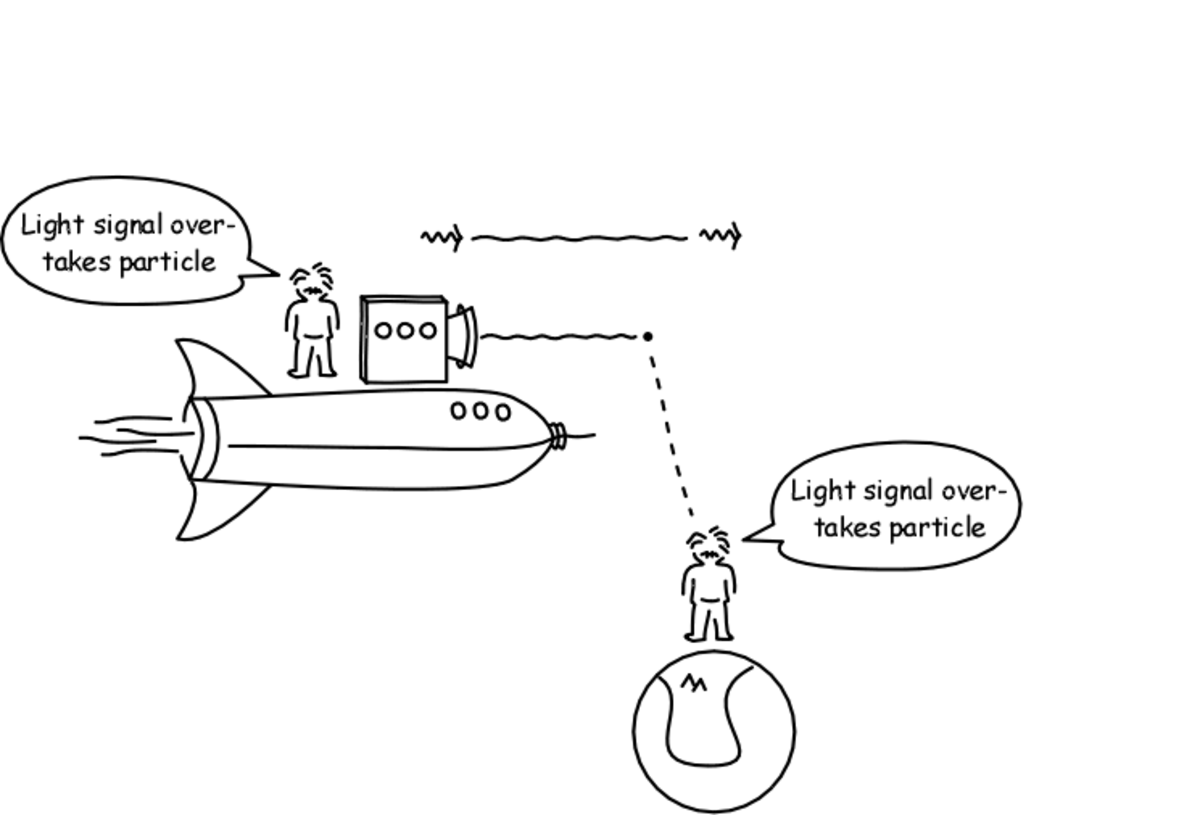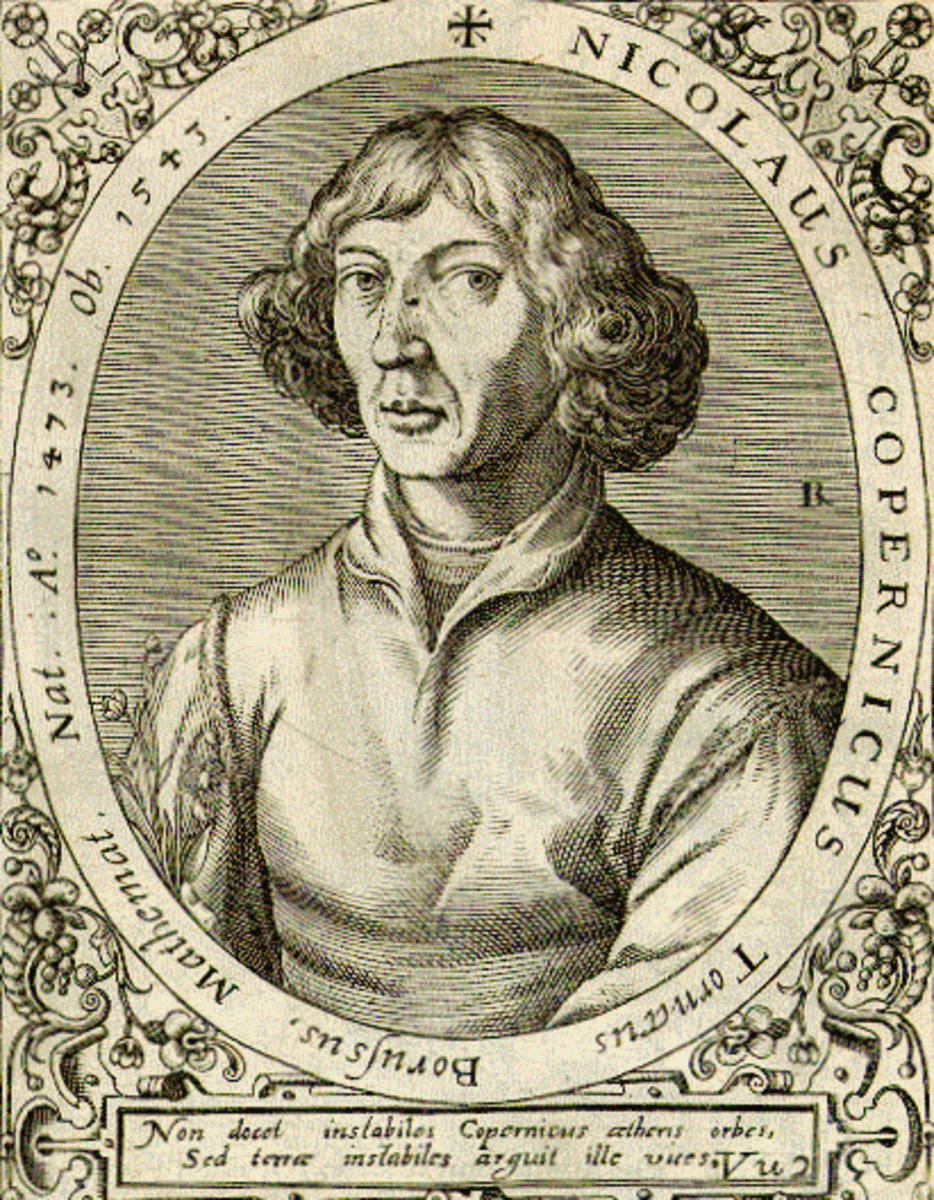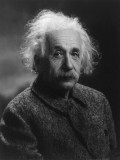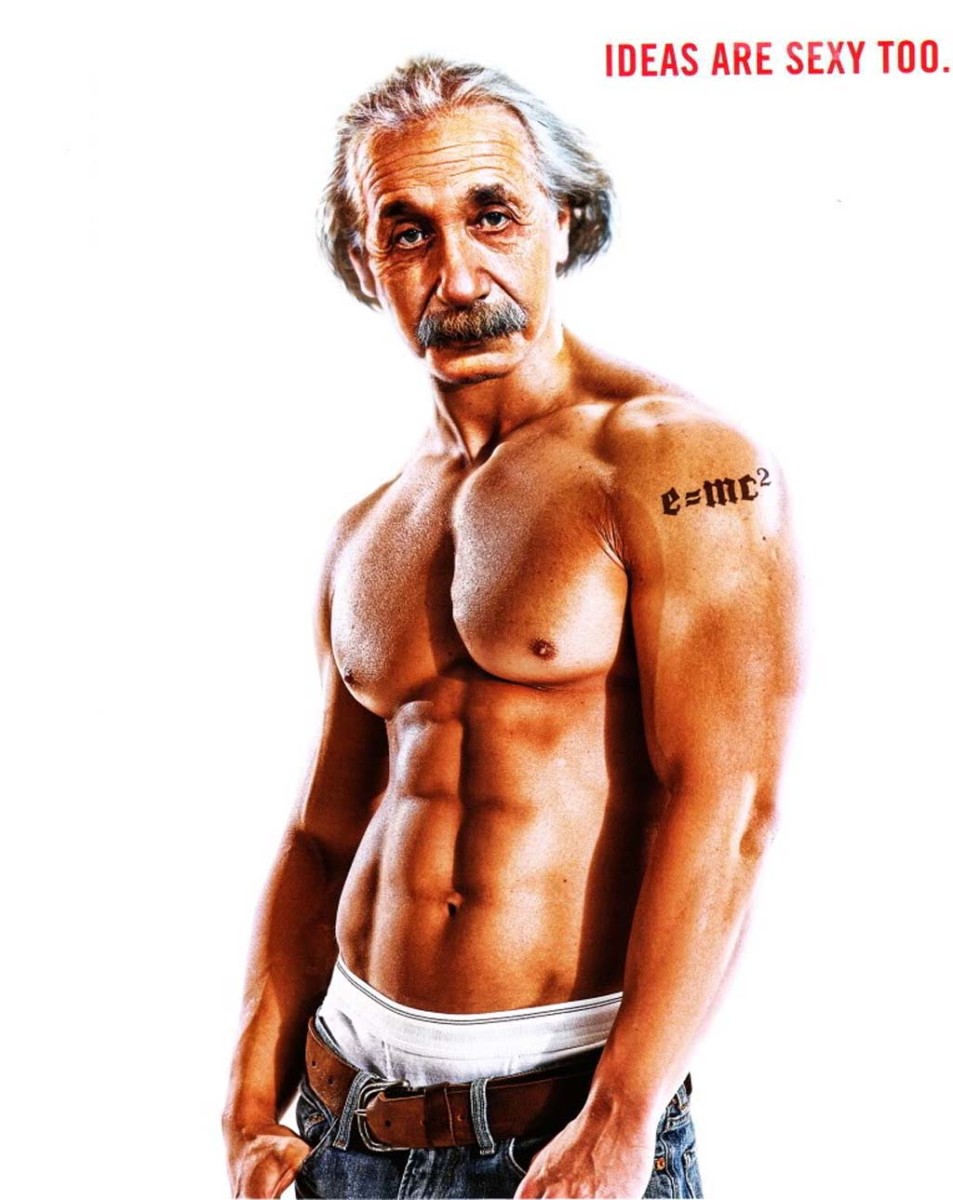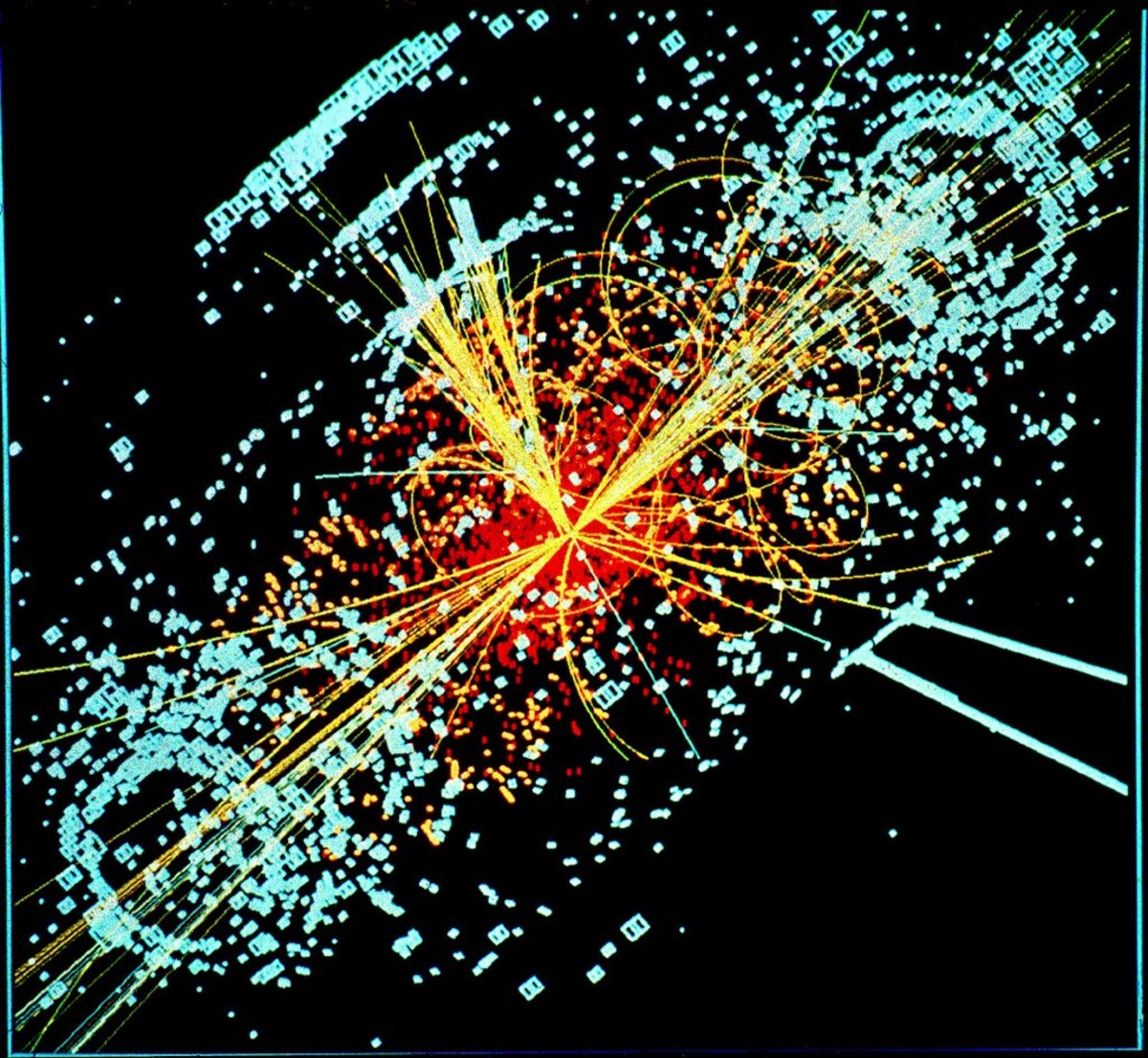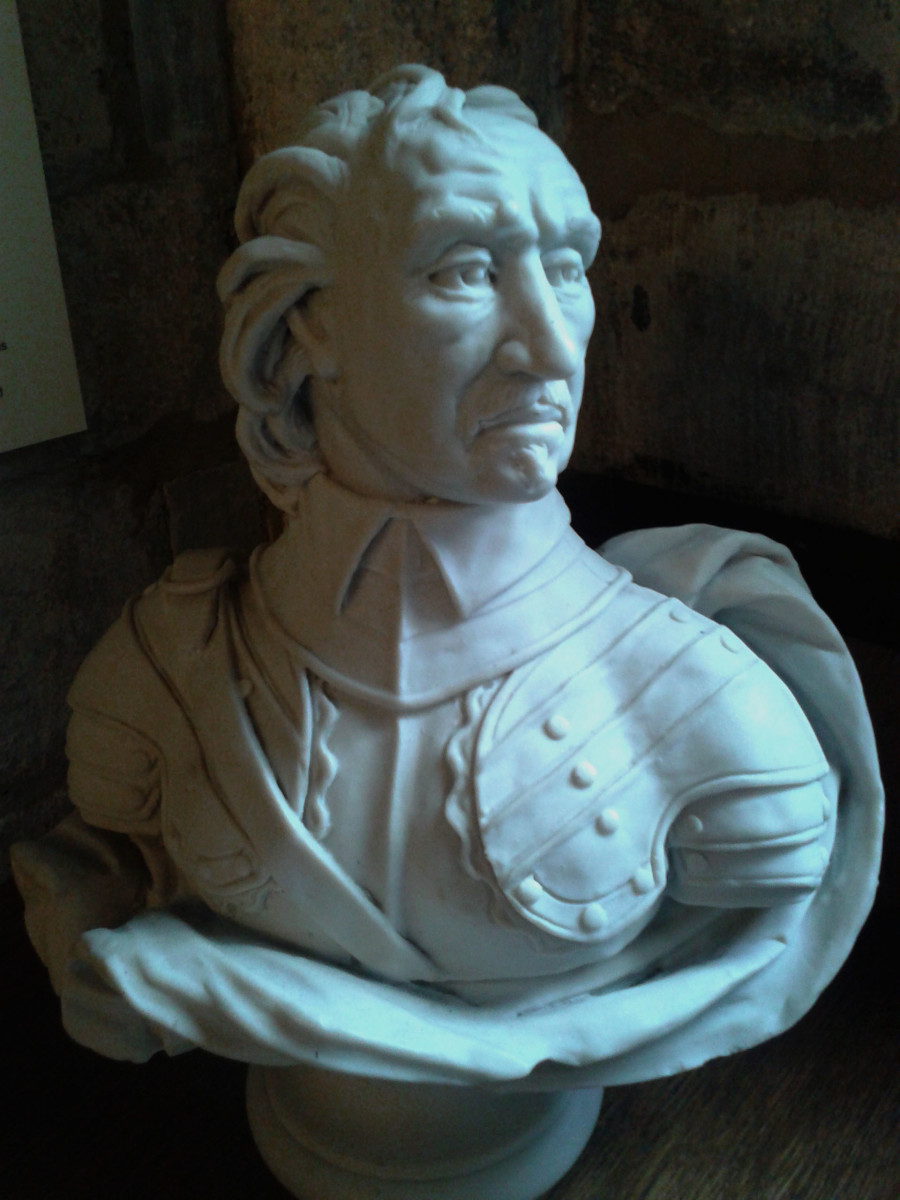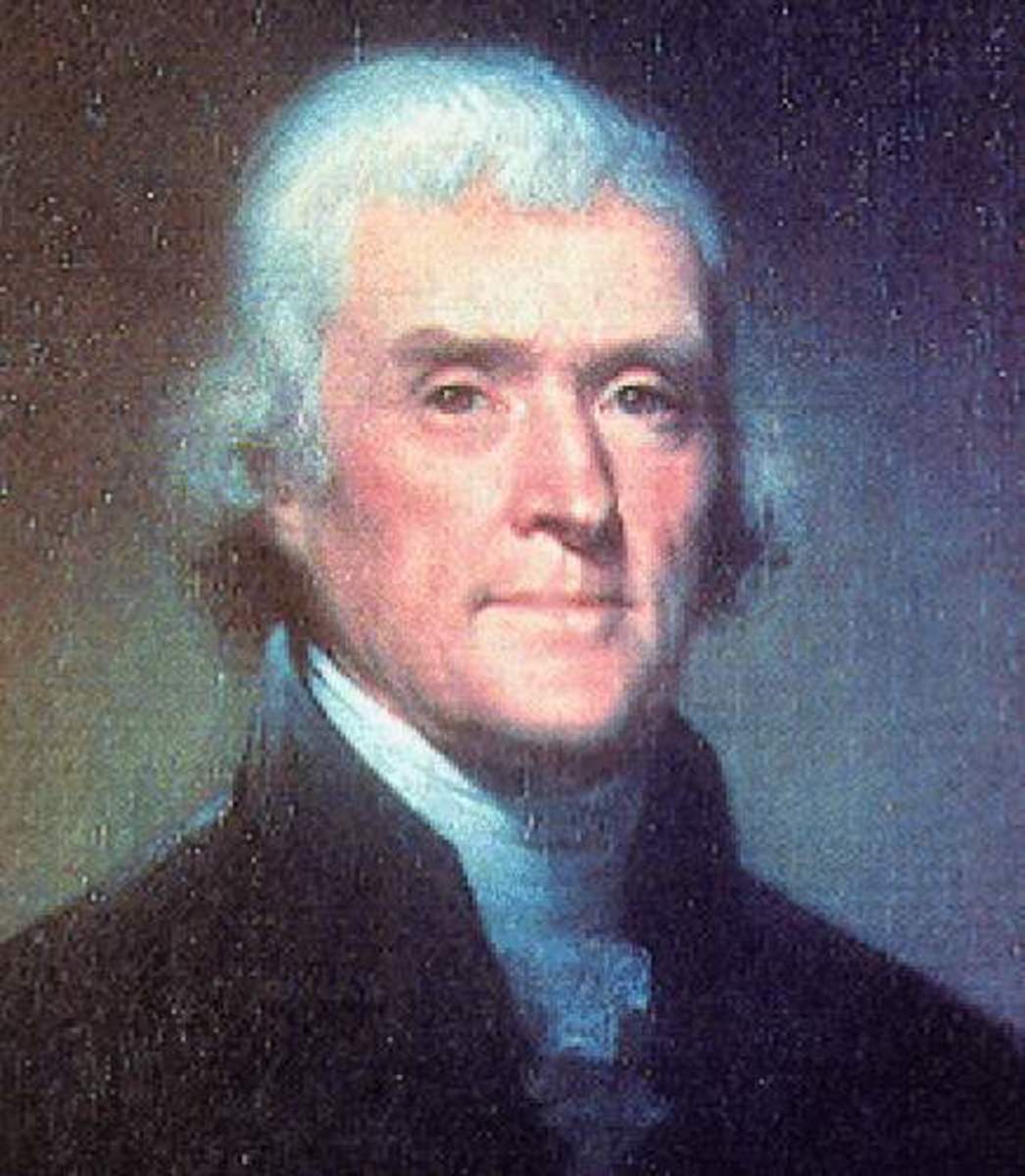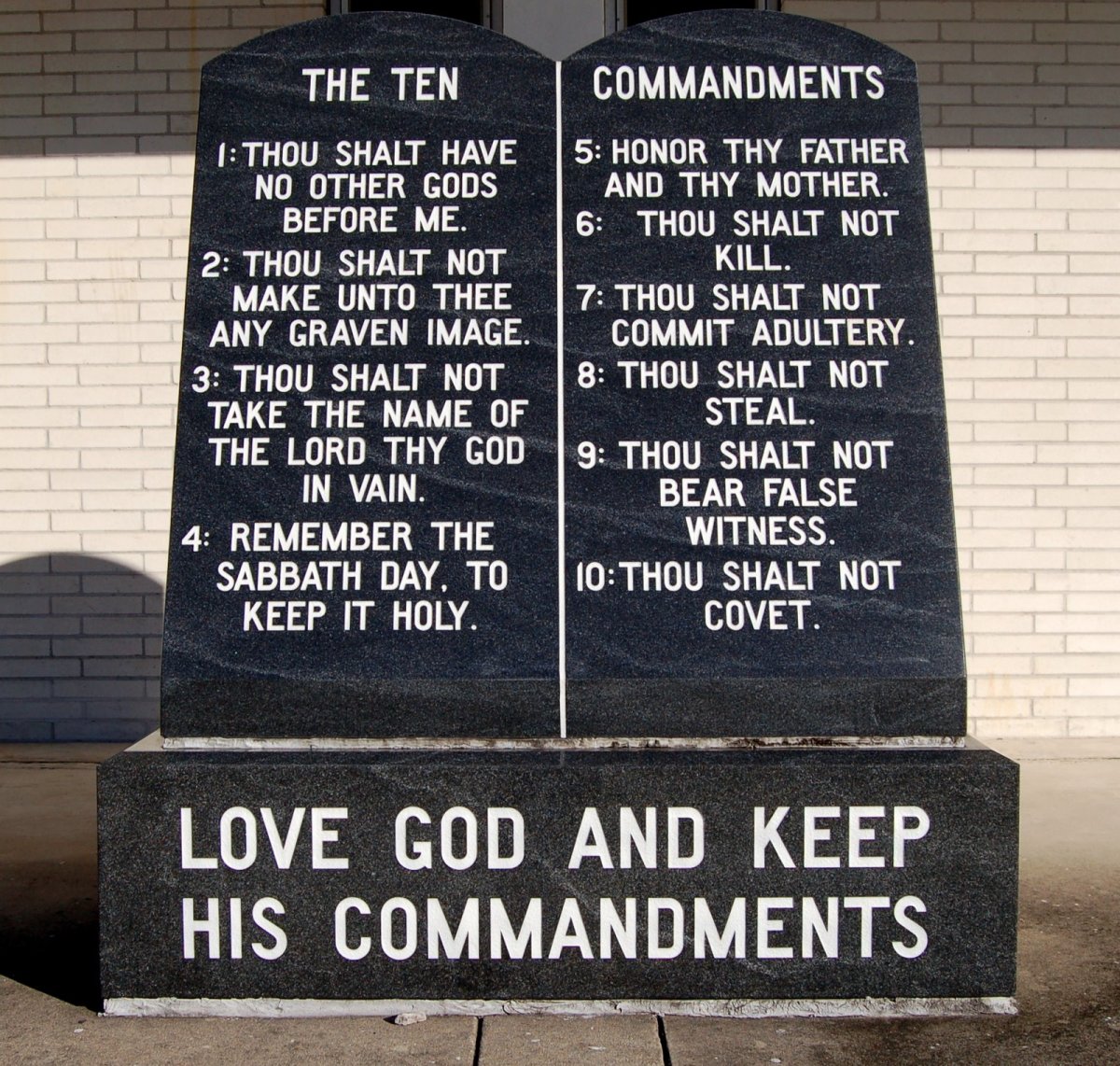Einstein's Views on Science and Religion
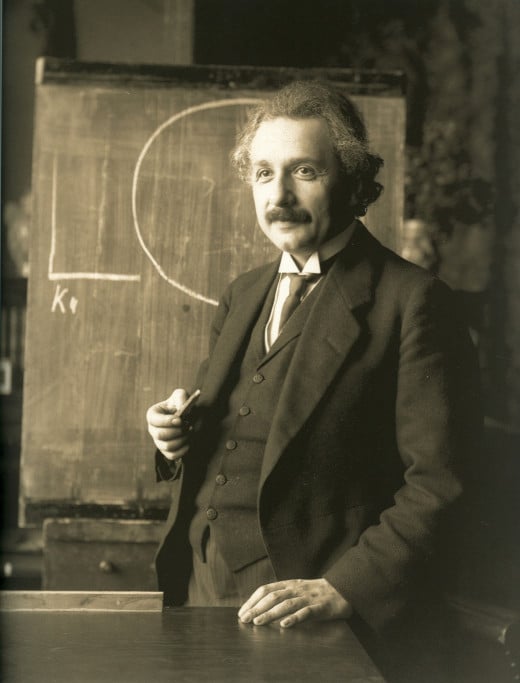
Related Reading
Einstein’s Ideal Balance Between Science and Religion
In Albert Einstein’s book, Out of My Later Years, and more specifically, his chapter entitled “Science and Religion”, Einstein investigates one of the most debated topics in history – the role of science and religion within a community. Rather than outwardly taking one side or the other, he seems supportive of both science and religion. He argues that, in an ideal world, both need each other to fulfill different needs for which the other cannot account. By loosely categorizing “religion” and allowing its values to be applied in a humanistic way, free from divine commitment, Einstein’s argument becomes more relatable and appealing to people of all backgrounds. However, humanity’s flaws hinder scientific and social progress when religion is taken too seriously, foiling Einstein’s ideal hypothetical balance of science and religion.
To begin with, Einstein explains the benefits of both science and religion. He describes science as the “heroic efforts of man” and clearly values its importance, but acknowledges that a life with just pure science would not have the drive to pursue science to begin with: “The knowledge of truth as such is wonderful, but it is so little capable of acting as a guide that it cannot prove even the justification and the value of the aspiration towards that very knowledge of truth. Here we face, therefore, the limits of the purely rational conception of our existence” (Einstein 22). According to him, Einstein argues that there must be an underlying driving force in the pursuit of science. This force, seen in nearly every culture throughout history, is religion:
The highest principles for our aspirations and judgments are given to us in the Jewish-Christian religious tradition. It is a very high goal which, with our weak powers, we can reach only very inadequately, but which gives a sure foundation to our aspirations and valuations. If one were to take that goal out of its religious form and look merely at its purely human side, one might state it perhaps thus: free and responsible development of the individual, so that he may place his powers freely and gladly in the service of all mankind. (Einstein 23)
This distinction is perhaps the most important in the entire chapter. Einstein asserts that while religion is important, it is more the principles behind the religions that one should focus on, rather than the petty dogmas. In addition, he opens the definition of religion up to those who do not believe in a deity, allowing the term to take on a meaning of identity and purpose, which gives direction to scientific advancements. Without religion or purpose, science becomes meaningless, and without science, religion is an end point rather than a way of life.
While an ideal balance between science and religion seems to be the answer to a cooperative, progressive society, it seems that in reality, such a balance is nearly impossible to find. Einstein acknowledges the limitations of each: “For science can only ascertain what is, but not what should be, and outside of its domain value judgments of all kinds remain necessary. Religion, on the other hand, deals only with evaluations of human thought and action: it cannot justifiably speak of facts” (Einstein 25). Unfortunately, humans often tend to side with one extreme or the other, judging either science or religion to be inferior to the side of their choice. Such a perspective is myopic and detrimental to society as a whole, as is any extremist view. In modern times, this has led to many conflicts, including those over marriage and reproductive rights. Science supports one view, while religion supports another, and people in either camp bitterly disagree and reach a dead end, rather than cooperating and valuing both opinions to come to an acceptable conclusion, as Einstein had hoped would happen.
Works Cited
“Science and Religion,” from Out of My Later Years. Seacaucus, N.J.: Citadel Press, 1956. 21-30.
Related Essays
- Bokononism's Truth and Lies in Cat's Cradle
An exploration of the purpose of truth and lies in Kurt Vonnegut's novel, "Cat's Cradle" as they pertain to the made-up religion of Bokononism. The analysis is also relatable to the role of modern day religion and government in the lives of citizens. - Origin of the Infinite Universe
An exploration of society's understanding of "infinity" as it pertains to the origin of the universe. Both scientific and religiously based options are also considered. - Camus' Parody on Religious Extremists
An analysis of "The Stranger" by Albert Camus and the parallels between the characters in the novel and religious extremists in society today. - Galileo vs. Darwin and Wallace
I have examined, compared, and contrasted the different tactics which Galileo and Darwin/Wallace use to convince the public to believe their new scientific discoveries over the religious teachings. Galileo wrote to the Grand Duchess Christina about - My Evolving View on Evolution
An exploration of the differing views of evolution and the never ending struggle between religion and science. - The Similarities Between Socrates and Jesus Christ
An analysis of the similarities between the deaths of Socrates and Jesus Christ. - Power and Control in Future Societies
Based on short stories from Kurt Vonnegut's "Welcome to the Monkey House", I have come to several conclusions relating to power and control in future societies.


